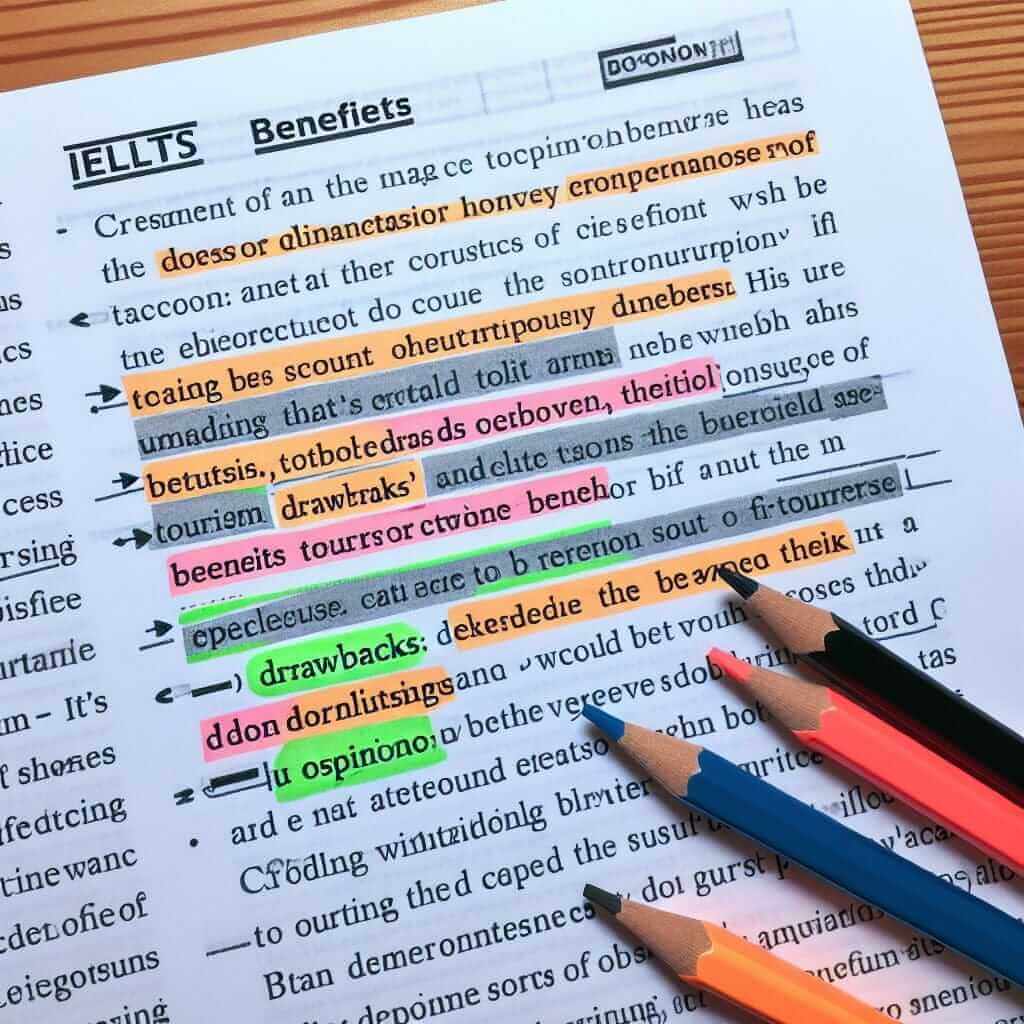Introduction
In the IELTS Writing test, Task 2 holds significant weight as it assesses your ability to present a well-structured and coherent argumentative essay. To achieve a high band score, it’s crucial to understand the prompt, plan your response effectively, and showcase your language proficiency. This comprehensive guide will equip you with the essential skills to confidently analyze any IELTS Writing Task 2 question and craft an impressive essay.
Understanding the Importance of Analysis
Before diving into the writing process, take a moment to thoroughly analyze the task. This step is often overlooked by test-takers, leading to poorly-structured responses and missed opportunities to demonstrate language skills.
Why is analysis crucial?
- Clarity of Thought: Analyzing the question helps you grasp the core issue, identify keywords, and understand the type of response expected.
- Effective Planning: It enables you to formulate a clear essay structure with relevant arguments and supporting evidence.
- Targeted Vocabulary: By identifying key themes and concepts, you can select appropriate vocabulary and demonstrate a wider range of language.
Steps to Analyze IELTS Writing Task 2
1. Identify the Question Type
IELTS Writing Task 2 prompts typically fall into these categories:
- Opinion/Argument: Do you agree or disagree? What is your opinion?
- Discussion: Discuss both sides of an issue and give your opinion.
- Problem/Solution: Identify problems and propose solutions.
- Advantages/Disadvantages: Analyze the pros and cons of a given topic.
Example:
“Some people believe that the benefits of tourism outweigh the drawbacks. Others argue that tourism does more harm than good. Discuss both these views and give your own opinion.“
This is a discussion type question, requiring you to explore both sides of tourism’s impact.
2. Pinpoint Keywords and Phrases
Underline or highlight key words that indicate the topic, opinion, or task requirements.
Example:
“Some people believe that the benefits of tourism outweigh the drawbacks. Others argue that tourism does more harm than good. Discuss both these views and give your own opinion**.”

3. Determine the Task Requirements
Pay close attention to the instructions. Are you asked to:
- Provide your opinion?
- Discuss both sides of an argument?
- Offer solutions to a problem?
- Analyze advantages and disadvantages?
4. Brainstorm Ideas and Develop Your Stance
Once you clearly understand the task, take a few minutes to brainstorm:
- List relevant ideas, arguments, and examples that come to mind.
- Consider both sides of the issue (even if you only need to present one side in your essay).
- Formulate your own opinion or stance based on your analysis.
Example Analysis
Let’s apply these steps to our example question:
Question: “Some people believe that the benefits of tourism outweigh the drawbacks. Others argue that tourism does more harm than good. Discuss both these views and give your own opinion.”
Analysis:
- Question Type: Discussion
- Keywords: benefits, tourism, drawbacks, harm, good, discuss both views, own opinion
- Task Requirements: Explore arguments for and against tourism’s impact, then provide a personal opinion.
Possible Brainstorming Points:
- Benefits of Tourism: Economic growth, cultural exchange, job creation.
- Drawbacks of Tourism: Environmental damage, cultural exploitation, inflation.
- My Opinion: Tourism can be beneficial with sustainable practices and responsible management.
Tips for Effective Analysis
- Practice regularly: Analyze various IELTS Writing Task 2 prompts to improve your speed and accuracy.
- Time management: Allocate sufficient time for analysis (around 5 minutes) before you start writing.
- Don’t rush to conclusions: Explore different perspectives before forming your own opinion.
- Refer to sample essays: Analyze high-scoring responses to understand how experienced writers approach analysis and structuring.
Conclusion
Mastering the art of analysis is fundamental to achieving success in IELTS Writing Task 2. By carefully dissecting the prompt, understanding its requirements, and brainstorming relevant ideas, you lay a strong foundation for a well-structured, coherent, and high-scoring essay. Remember to practice regularly, apply these techniques diligently, and seek feedback from experienced educators to hone your analytical skills and boost your IELTS writing confidence.